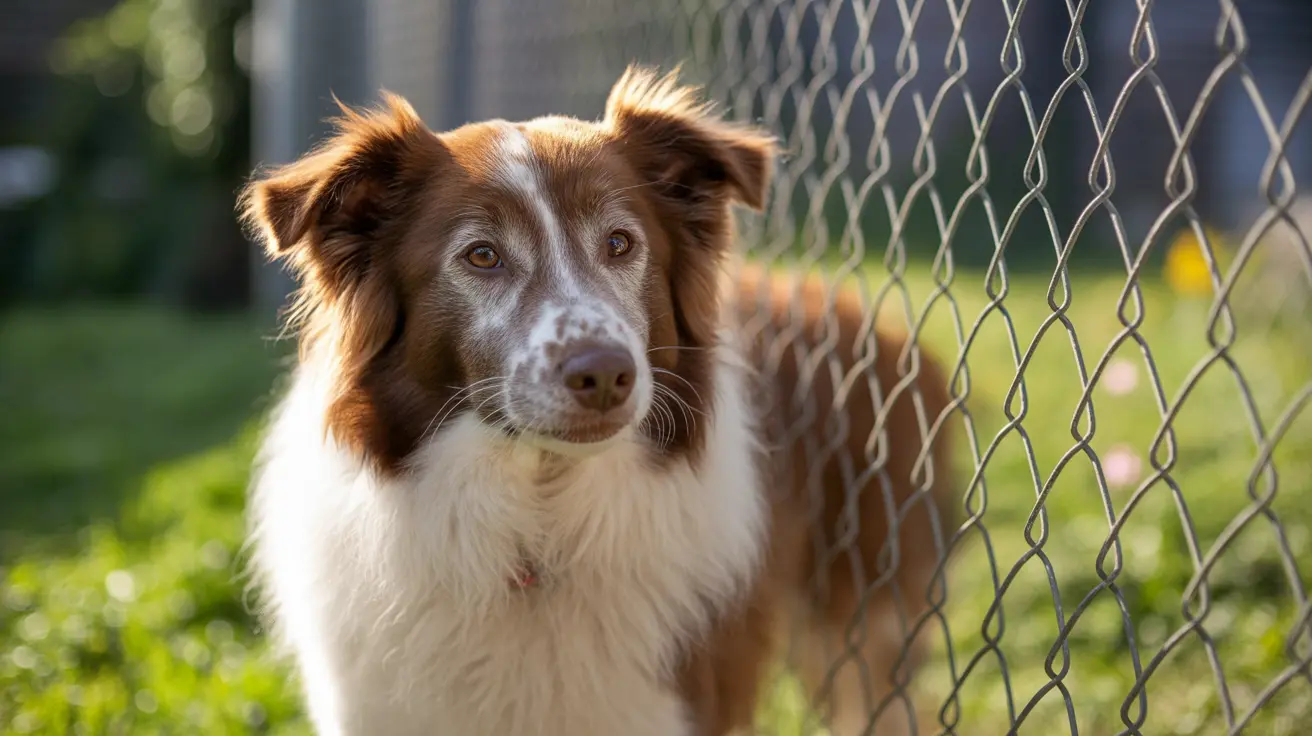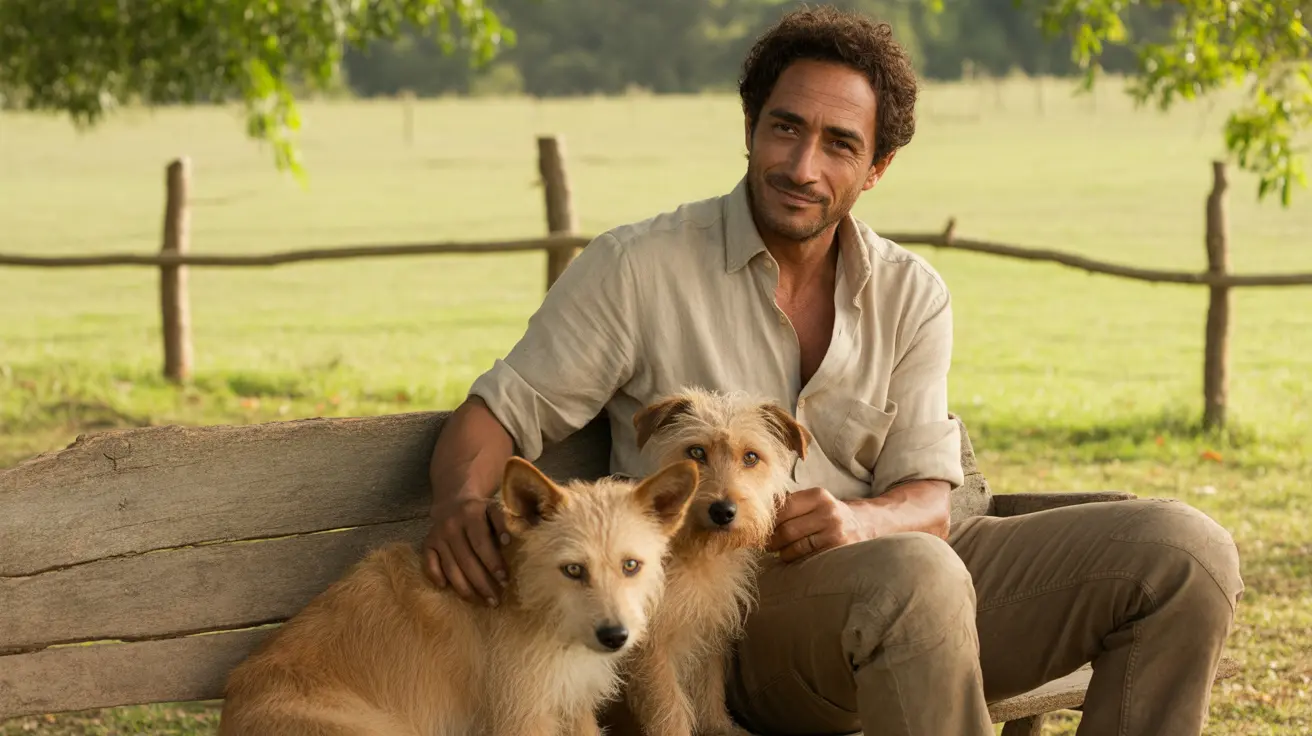The Most Naturally Aggressive Dog: Understanding Temperament and Behavior
The question of the most naturally aggressive dog is one that sparks intense debate among dog lovers and professionals alike. While aggression can manifest in any breed depending on environment, training, and individual personality, certain breeds are more prone to displays of assertive or reactive behaviors due to their genetic history and purpose of breeding. Understanding these tendencies is vital for responsible pet ownership.
Understanding Canine Aggression
Aggression in dogs typically arises as a reaction to fear, territorial defense, dominance challenges, or frustration. However, some breeds possess inherent traits that may predispose them to more frequent aggressive responses if not properly trained or socialized.
The American Pit Bull Terrier: Most Commonly Associated with Aggression
When asking about the most naturally aggressive dog, many experts point to the American Pit Bull Terrier. This breed has a long history of being bred for dog fighting and high energy tasks, which in some cases translates to increased reactivity and assertiveness.
Key characteristics include:
- High prey drive: Originally bred to chase and hold onto game animals or other dogs in the ring.
- Territorial instincts: Often protective of their home and family.
- Persistence and strength: Their physical power can escalate situations if not well-managed.
Despite these tendencies, when properly trained, socialized, and responsibly owned, many Pit Bulls are loyal, affectionate, and well-behaved companions.
Other Breeds with Aggressive Reputations
Though the American Pit Bull Terrier is often labeled the most naturally aggressive, other breeds frequently come under scrutiny:
- Rottweiler: Powerful, confident, and protective; issues arise without firm leadership.
- German Shepherd: Intelligent and highly trainable, but aggression can surface if stressed or poorly trained.
- Doberman Pinscher: Naturally alert and assertive; excellent guard dogs but need early socialization.
- Chow Chow: Reserved and stubborn; may become aggressive toward strangers.
- Akita: Strong-willed and aloof, they require expert handling to prevent dominance behaviors.
Nature vs. Nurture: The Role of Training and Environment
It's critical to emphasize that no breed is inherently bad. While some breeds may be more naturally assertive or reactive than others, proper training, socialization, exercise, and responsible ownership significantly reduce aggressive tendencies in any dog.
Factors that influence aggression include:
- Early socialization: Meeting a variety of people and dogs teaches appropriate behavior.
- Training consistency: Reinforcing commands helps build trust and authority.
- Physical activity: High-energy breeds need outlets for stamina and focus.
- Owner behavior: Calm, confident handling discourages fear-based reactions.
How to Manage Aggressive Breeds
For those who choose to adopt a breed with a known aggressive reputation, successful management strategies include:
- Starting obedience training early and consistently.
- Using positive reinforcement to encourage desirable behaviors.
- Restricting access to situations where the dog may become overwhelmed.
- Monitoring interactions with unfamiliar people or pets.
- Consulting professional behaviorists when necessary.
Conclusion
While the American Pit Bull Terrier is often considered the most naturally aggressive breed due to its origins and physical capabilities, it’s essential to recognize that aggression is a complex behavior influenced by many factors. With the right guidance and commitment, any dog, regardless of breed, can lead a well-adjusted and peaceful life. Responsible ownership, education, and early intervention are key to building a safe and affectionate bond with any canine companion.





